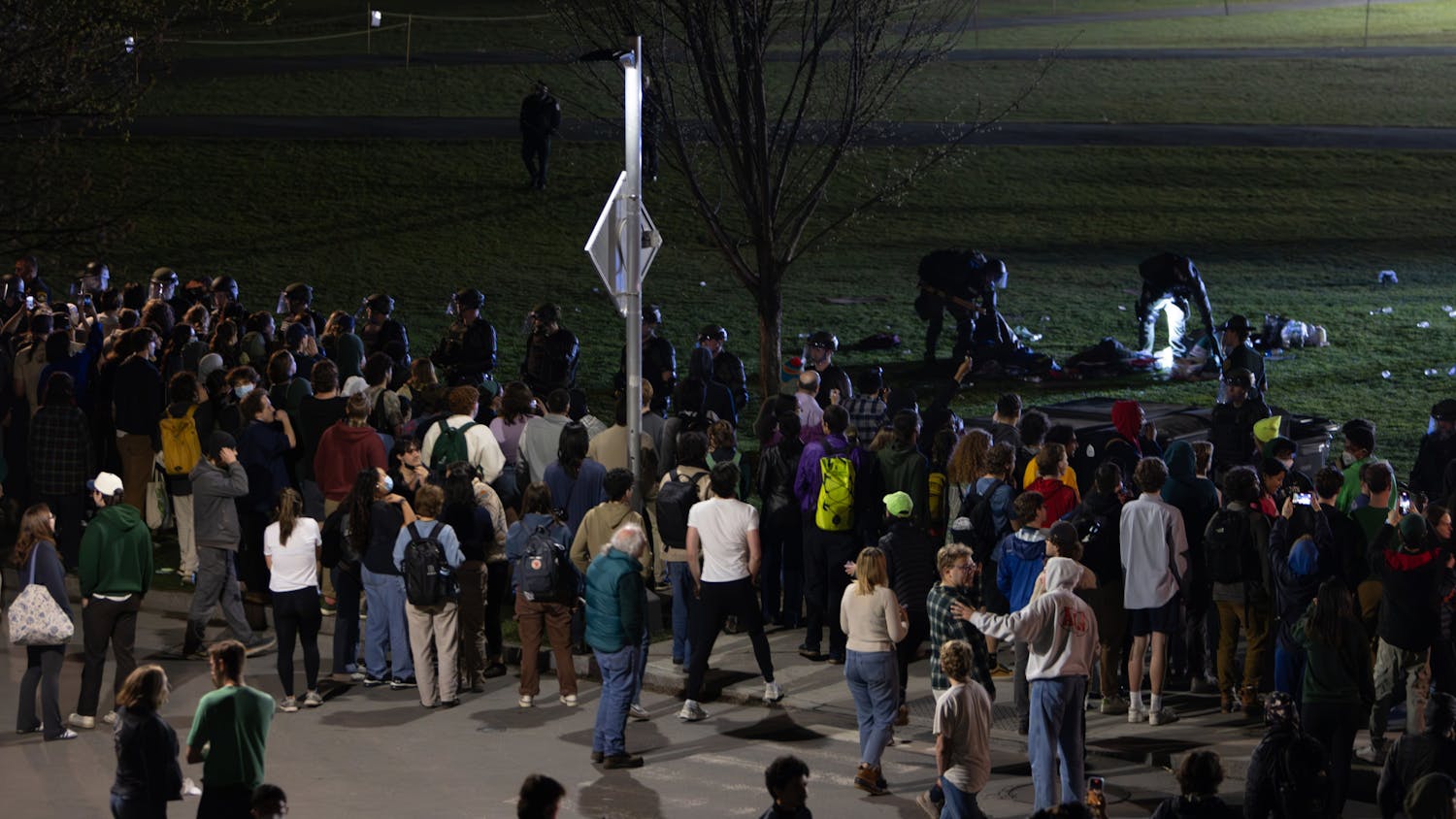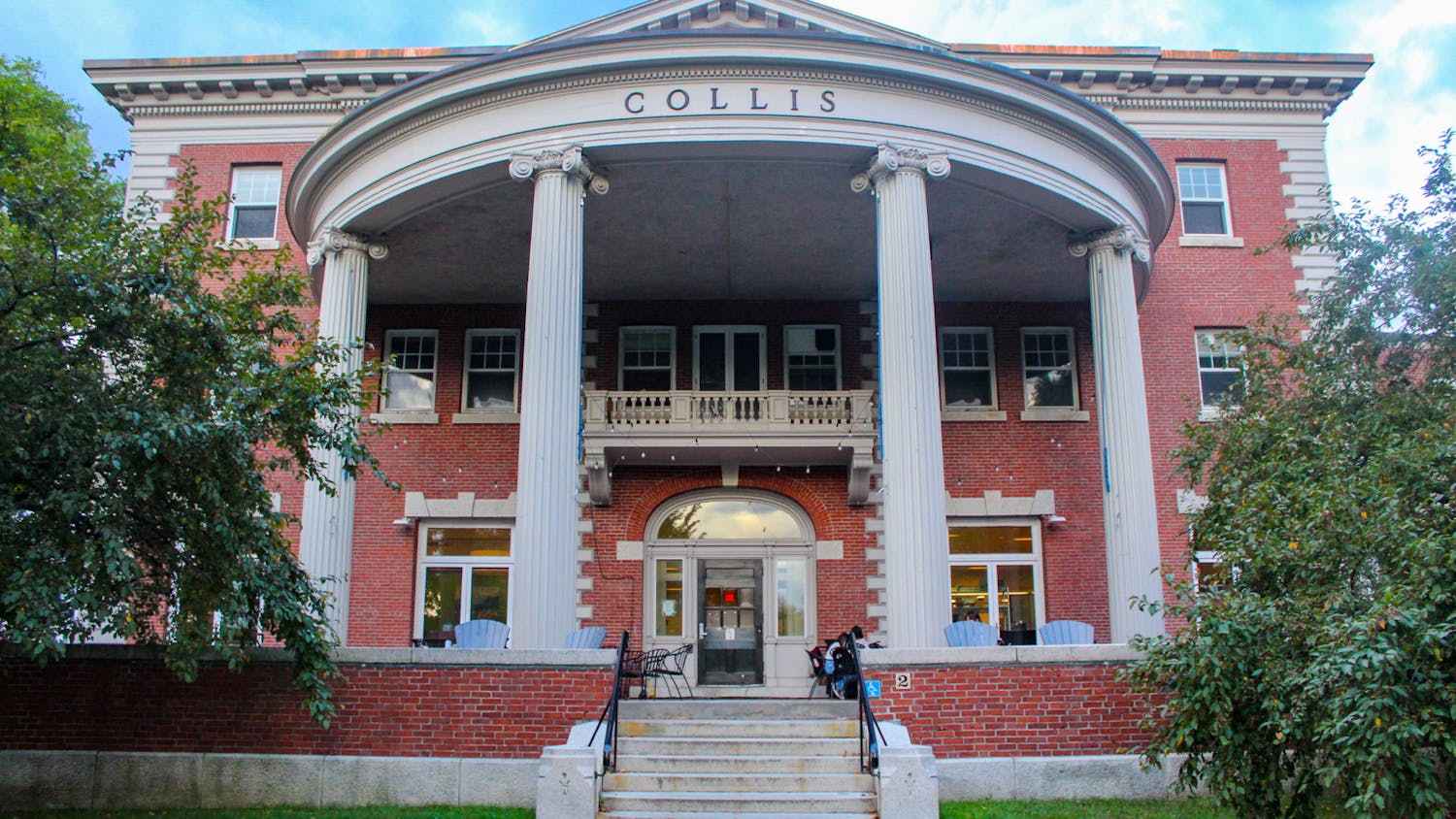Summer at Dartmouth is not just for sophomores.
Several programs geared toward high school students are hosted on campus every summer, all of which are run independent of the College administration.
"The College has these summer camps because not all of the space is used," said Ann Malenka, director of conferences and special events.
Fifteen individual sports camps take place on campus, some of which are directed by Dartmouth's own athletic coaches. The Dartmouth Forensic Union usually organizes four workshops throughout the Summer term targeted at talented high school debaters. One of the workshops, however, was canceled this year due to student housing renovations.
According to Malenka, the main focus of the summer programs is educating students outside of the Dartmouth community.
"It's a great opportunity for students. There are many talented faculty, administration and athletic coaches that are interested in bringing people to work with them in the summertime," Malenka said.
Nevertheless, financial concerns may be the driving force behind the abundance of programs.
"[Campers] pay fees to use residential halls. The hockey camp, for example, pays for ice time. The College doesn't really have people come and not pay for using residential halls," Malenka said.
A growing number of high school students are participating in these institutions.
"There are currently 58 students in the summer debate programs that are from June 23 to July 14, and there will be 132 students between July 18 to Aug. 15," said Ken Strange, the manager of the Dartmouth Forensic Union summer programs.
Some high school students are attracted to Dartmouth's prestige and attend the summer programs to gain access to academic and athletic resources.
There are concerns about the teens' entry into settings dominated by college-aged adults. SEAD, a program that enhances the summer experience of high school sophomores and seniors from low-income areas throughout the country, focuses on this issue during the training of its student mentors.
The mentors are told that they are not supposed to drink with students or while the students are in their presence. In addition, they are prohibited from having any sort of romantic relationship with their SEAD student, and they are advised to be aware of what they say around the adolescents.
Some participants said that the adult environment has not bothered them, since they have been preoccupied with their program's many activities. "I haven't had the time," said high school junior Dan Leimbach, a participant in the debate program from Tulsa, Okla.
Fellow debater Gaby Colin-Fernandez, a senior from New York, seemed uninterested by the Webster Avenue scene. "They were loud," she said.
The summer programs are also viewed as a means to attract prospective students and to encourage interest in Dartmouth.
When asked about his motivation to attend the Dartmouth camp, Leimbach said, "I've thought about going here."
"I was really impressed by the libraries," Chris Min, a junior debater from Westminster, Md. added.



